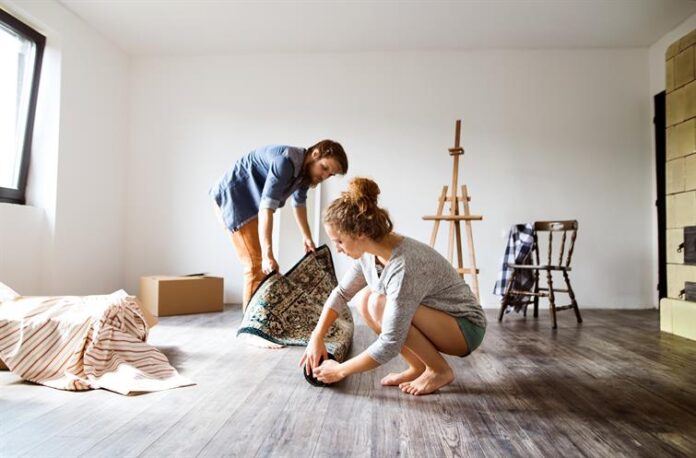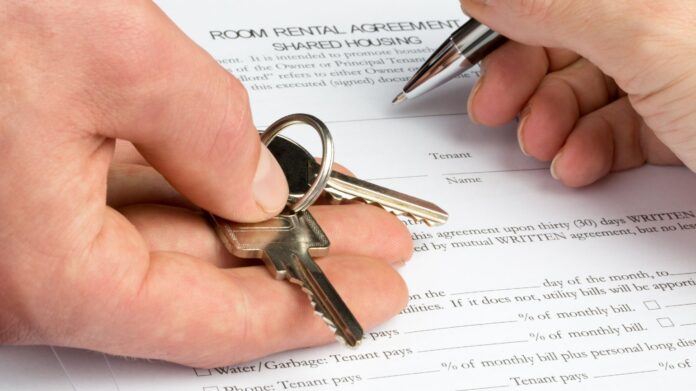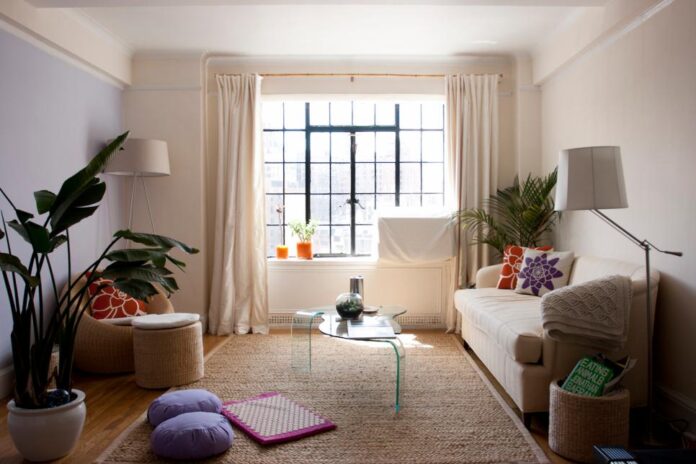So, you’re ready to take the plunge and rent your first apartment. This is a big step, and it’s one that comes with a lot of responsibility. Before you sign on the dotted line and start looking for apartments for rent, there are a few things you need to do to make sure you’re ready for this new chapter in your life.
Figure Out Your Budget

The first step is to figure out how much you can afford to spend on rent each month. To do this, add up all of your regular monthly expenses, including things like groceries, car payments, cell phone bills, etc. Once you have that number, subtract it from your monthly income. The result is the amount of money you have left over each month for rent.
If you’re not sure what your monthly income is, take a look at your pay stubs from the past few months or use your annual salary and divide it by 12. Keep in mind that you may need to adjust this number if your income fluctuates from month-to-month.
Start Searching for Apartments

Now that you know how much rent you can afford, you can start searching for apartments in your price range.
There are a few different ways to do this:
– You can drive around and look for “for rent” signs in apartment complex parking lots or in front of individual homes.
– You can search online listings on websites like Rentler.
Narrow Down Your Options and Schedule Viewings
Once you’ve compiled a list of potential apartments, it’s time to start narrowing down your options so you can decide which one is the best fit for you. To do this, start by reading through the descriptions and looking at the pictures carefully. Then, make a list of the must-haves for your new place—things like location, number of bedrooms and bathrooms, amenities, etc.—and use it to eliminate any apartments that don’t meet all of your criteria. Finally, contact the leasing office for each of the remaining apartments and schedule tours so you can see them in person before making a decision.
Know Your Rights As a Renter

Understand what your landlord can and cannot do when it comes to entering your apartment, making repairs, and more. The last thing you want is to be taken advantage of or have your privacy violated. Familiarize yourself with the laws in your state or province so that you know what your rights are as a renter.
Get Renter’s Insurance
Renter’s insurance is an important but often overlooked expense. This type of insurance protects your personal belongings in the event of damage or theft. It also provides liability coverage in case someone is injured while in your apartment. Most landlords require tenants to have renter’s insurance, so be sure to factor it into your budget when shopping for apartments.
Budget for Unexpected Expenses

Things like utility bills, renters insurance, and parking fees can add up quickly, so make sure you factor those costs into your budget. Additionally, set aside some money each month so that you have a cushion in case something breaks or needs to be repaired in your apartment.
Fill Out a Rental Application and Get Approved
Once you’ve found an apartment you want to rent, it’s time to fill out a rental application form. This form will ask for some basic information about yourself, like your name and contact information, as well as some financial information, like your job history and income level. While searching for the ideal tenant landlord will use this information to run a credit check and verify that you are who you say you are and that you’re financially stable enough to afford the rent payments each month.
Sign the Lease Agreement and Pay the Security Deposit

If everything goes well and the landlord approves your application, they’ll give you a lease agreement to sign. This document outlines the terms of your tenancy—how long it will last (usually one year), how much rent you’ll need to pay each month (plus utilities), what type of damage is considered normal wear and tear vs intentional damage (for which they could withhold part or all of your security deposit), etc.—so be sure to read it carefully before signing anything! Once everything is signed and dated by both parties make sure all pertinent contact information is exchanged so there’s no confusion later on down the road.
Meet Your Neighbours
One of the best things about living in an apartment is that you’ll have neighbors close by. Be sure to introduce yourself to your neighbors when you move in. This will help you get to know them and build a good relationship. Additionally, it’s a good way to keep an eye on each other’s apartments. By being friendly with your neighbors, you can create a sense of community in your apartment complex.
Furnishing Your Apartment

If you’re moving into your first apartment, you may be wondering how you’re going to furnish it. After all, apartments are often smaller than houses and apartments don’t usually come with furniture included. But don’t worry, there are a few ways to furnish your apartment without spending a lot of money.
One option is to buy used furniture from thrift stores, garage sales, or online marketplaces. This can be a great way to find affordable furniture that is still in good condition. Another option is to ask friends or family members if they have any furniture that they would be willing to part with. This could be anything from a couch to a coffee table to a set of dishes.
No matter how you choose to furnish your apartment, the most important thing is that you make it feel like home. So take your time, shop around, and find furniture that fits your style and budget. With a little bit of effort, you’ll have no problem furnishing your first apartment.
If you are renting an apartment for the first time can be a daunting task, but it doesn’t have to be. Just remember to take things slowly so everything goes smoothly—from finding an apartment within your budget to signing a lease agreement—and enjoy this new chapter in your life.









